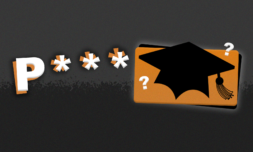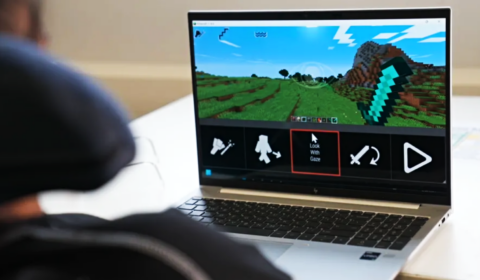In many cases, nudes are often leaked as a result of blackmail from an ex or previous lover. This occurs so frequently that it’s now known as ‘revenge porn’ and is a crime punishable by law in many countries around the world.
In other instances, nudes may not be reshared maliciously per say, but without consent from the person who is in them. Some may have been coerced, groomed, or manipulated to believe they could trust the recipient.
When this happens, it can be worrying and isolating, especially for young people who may not know who to turn to while in such a vulnerable position. (Pro tip: don’t ever share someone’s nudes, it’s just not cool).
Individuals may fear that future partners or employers could stumble upon the images and videos. It can also be particularly damaging for those reaching adulthood and having children of their own. The toll this takes on mental health is considerable, rooted in feelings of betrayal, anger, hurt, or embarrassment.
With revenge porn on the rise, the tool sounds like a fantastic idea - however, there are still a couple of questions worth asking.
It sounds like under-18s are the only group eligible to utilise this tool, at least for now. With revenge porn on the rise, despite its legal consequences, why isn’t this tool being offered for people of all ages?
Secondly, who are the IWF analysts tasked with reviewing the underage content and how can we be sure that it will be safely removed from the web?
For our non-Gen-Z readers (hey, Boomers), you might be asking: if it causes that much stress, why not just refrain from sharing nudes all together? Well, let’s look at a quote from HBO’s 2019 hit series, Euphoria.
To say that ‘nudes are the currency of love’ might be an overvaluation of the practice of sending them, but the process is still culturally relevant. The inclusion of a bold statement like this one in a television series which attracts Gen-Z audiences is telling of our moment in time.
Our generation has grown up with the ease of building upon our personal relationships online, in the same spaces where ‘send nudes’ memes scatter our social media timelines and explore pages.
On top of that, dating apps like Tinder have moved our quest for romantic connection into the digital realm for as far back as we can remember – and courting (at least partially) over the phone is part of the normal dating progression for both Gen-Z and Millennials.
It’s been suggested that Instagram even doubles as a dating app, where private messages and disappearing videos and photos can be shared.
Features that may have not been intended for sharing explicit photos arguably facilitate the practice – letting you know when your disappearing photo has been screenshotted or rewatched.
Navigating boundaries during sexting experiences are summed up perfectly by Bo Burnham’s segment on the subject in his Netflix project, Inside.
Even so, advances in digital editing processes also now mean that virtually anyone could fall victim to revenge porn.
Within the next 5-10 years, deepfake technology could reach scarily believable levels. The face of anyone could be unsuspectingly slapped onto clips from adult video websites.
So, whether you send nudes or not, you’re never really immune to the possibility that a tool like the one presented by the Internet Watch Foundation could come in handy one day.
Let’s hope this type of technology is extended to all age groups and until then, here’s a quick guide to keep your personal photos as private as possible.





















